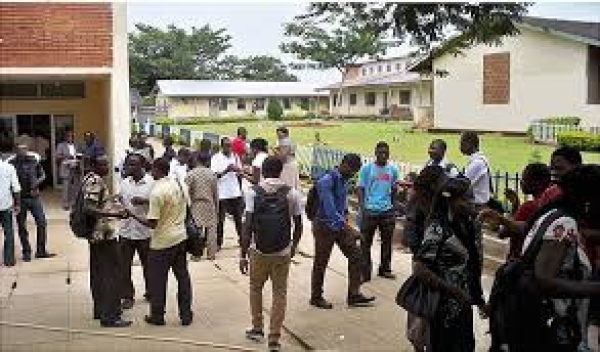A Professor of educational management at the University of Ilorin (UNILORIN), Yunus Fasasi, has said that both physical and mental development will prepare a child to cope with the rigours and challenges of life.
He, therefore, cautioned parents and guardians against rushing their wards into higher institutions.
He said: “parents and stakeholders should be sensitised on psycho-emotional and other consequences inherent in allowing double promotion for their wards.”
Prof. Fasasi added that an immature child would not be able to face exigencies of life.
The professor spoke to our correspondent after delivering the 256th inaugural lecture of UNILORIN.
He urged strict adherence to the National Policy on Education on admission.
“The national policy on education has divided education into stages and accompanied same with ages, but parents are in a hurry. Parents have forgotten that there are stages for the mental and physical development of a child. If a child is not well developed physically and mentally and he is rushed to the higher institution, he will misbehave in future.
“He may be brilliant- that is mental development but he may be not physically alright. When a child is both physically and mentally developed, he will be able to cope with all aspects of education initially and in future all aspects of life,” he said.
The lecture was entitled: “Holding education accountable for resources and results.”
Prof. Fasasi recommended adequate funding of the existing government and private educational institutions for them to actualise the nation’s educational objectives.
“Proliferation of educational institutions does not translate to national development.
The government’s establishment of new institutions and licensing the operation of private ones should be done with caution, as quality requirements for take-off and future expansion of the institutions must be guaranteed.
“Carrying capacity should be considered before determining the number of students to be admitted into an institution. Large-size schools and classrooms without corresponding facilities tend to complicate administrative and supervisory duties.
“There should be long-term policies like the 1955 Universal Primary Education (UPE) and 1999 Universal Basic Education (UBE) which would increase the population at the implementation stage and in future when the students get to a higher level of education,” he said.
[TheNation]

